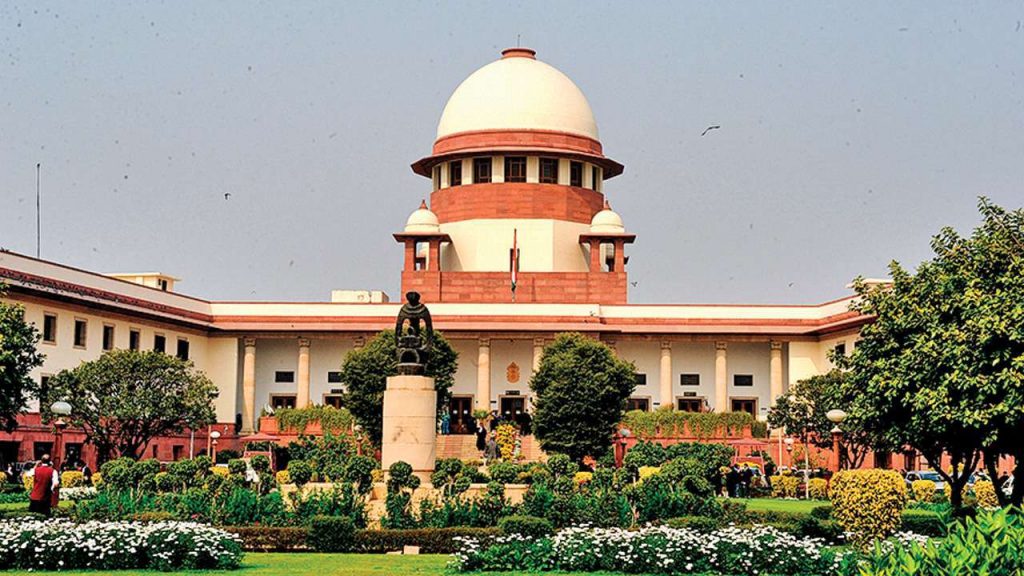New Delhi: The Supreme Court Tuesday said it is “troublesome” that the Centre is selectively picking, choosing and appointing judges whose names were recommended by the collegium for appointment to higher judiciary.
A bench of justices Sanjay Kishan Kaul and Sudhanshu Dhulia also expressed its concern over the pendency of names recommended for transfer from one high court to another.
“…We hope that a situation would not come where this court or the collegium have to take some decision which may not be palatable (to the government),” the bench said.
The court was hearing two pleas including one alleging delay by the Centre in clearing the names recommended by the collegium for appointment and transfer of judges.
Justice Kaul also flagged the issue of names, recommended by the collegium, pending with the government
“We have put to the Attorney General that this is again a matter of concern as emphasized on numerous occasion that if some appointments are made and some are not, the inter-se seniority is disturbed,” the bench said, adding that it was hardly conducive to persuade successful lawyers to join the bench.
Justice Kaul also appreciated that some appointment process was expedited.
“But this pick and choose has created a lot of problem,” he said, adding, “Don’t do this”.
“Selectively picking, choosing and appointing is the troublesome aspect,” Justice Kaul told Attorney General R Venkataramani.
The bench said this pick and choose affects the seniority of those whose names have been recommended for appointment by the collegium and why a person, having reasonable practice a as lawyer, would put his neck on the block and hope that the government will clear it.
On the issue of transfer, it said whether a judge should work in a high court or other high court should be left to the judiciary.
“I am not on individuals. I am saying transfer should take place immediately,” Justice Kaul said.
Advocate Prashant Bhushan, appearing for one of the petitioners, said the apex court has given a long rope to the government on this issue and there were instances where reiteration of names were done years ago.
“Instead, the time has come for your lordships to crack the whip otherwise the government is getting the impression that it can do away with anything,” he said, adding that the court may summon the law secretary for contempt otherwise it will never be sorted out.
“We have expressed our concern to the Attorney General over the lack of progress since the last date. The pendency of transfer matter is an issue of great concern as it has been selectively done,” the bench said.
It noted Venkataramani has submitted that he was taking up the issue with the government.
The bench observed that in the recommendations even recently made, selectively appointments have been made.
It noted that the Attorney General has requested for time to have a fruitful discussion on these issues with the government.
The bench posted the matter for hearing on November 20.
While hearing the matter on October 20, the apex court had flagged the pendency of 21 names recommended by its collegium for appointment and transfer of high court judges.
It had told the Centre that the tendency to “pick and choose” was creating a lot of problems.
The appointment of judges through the collegium system has often become a major flashpoint between the Supreme Court and the Centre, with the mechanism drawing criticism from different quarters.
The top court was hearing the petitions, including the one filed by the Advocates Association Bengaluru seeking contempt action against the Union Ministry of Law and Justice for allegedly not adhering to the timeline set by the court in a 2021 judgement.
One of the pleas in the apex court has alleged “wilful disobedience” of the time frame laid down in its April 20, 2021 order to facilitate the timely appointment of judges.
In that order, the apex court had said the Centre should appoint judges within three-four weeks if the collegium reiterates its recommendations unanimously.
PTI
